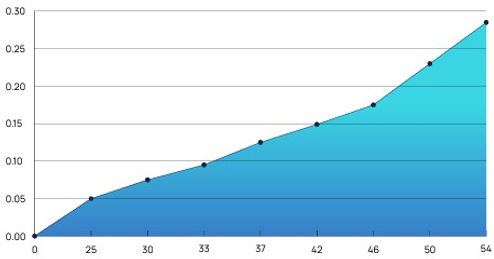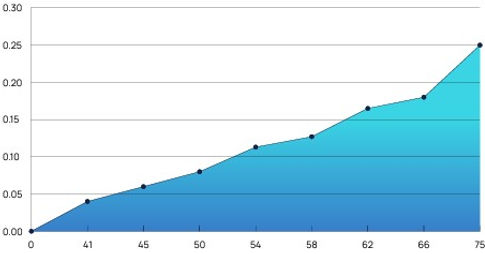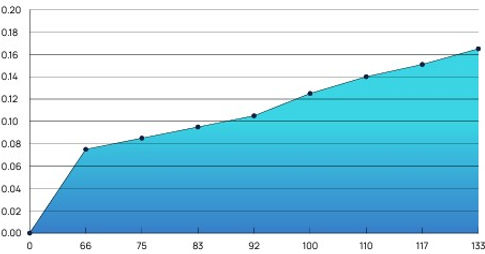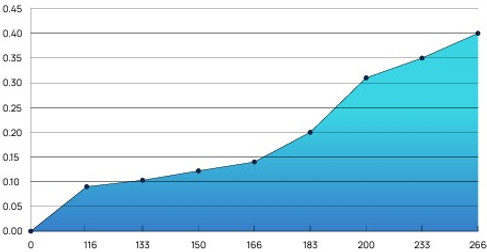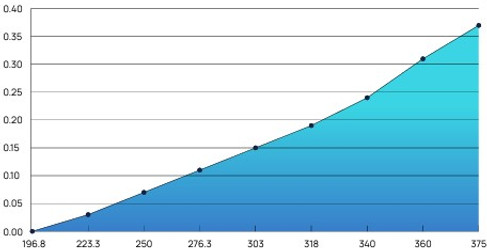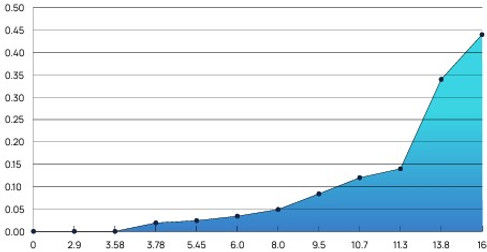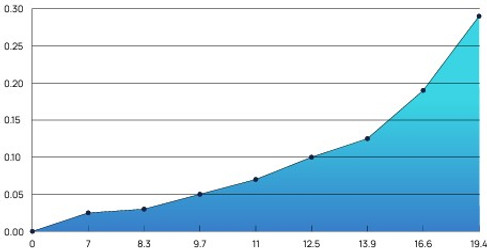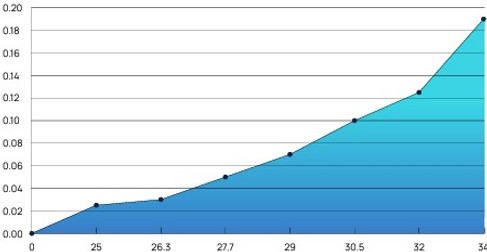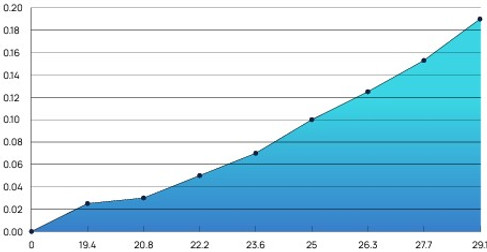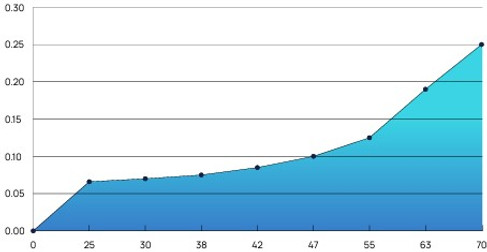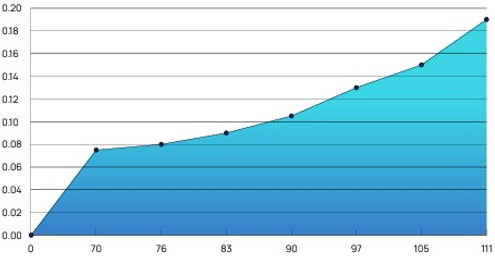01865 595446 | info@aevira.com
Water Conditioners
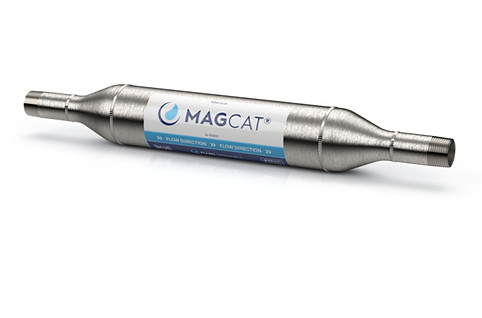
Discover the MagCat Water Conditioner: An Established Solution for Hard Water Problems
If you're searching for an eco-friendly, cost-effective, and maintenance-free way to reduce limescale and prolong the life of your appliances, the MagCat water conditioner is the solution. Combining magnetic and catalytic technology, this innovative device is engineered for superior performance in residential, commercial, and industrial applications.
How Does the MagCat Water Conditioner Work?
The MagCat utilises a dual-treatment system:
-
Magnetic Treatment: By inducing premature nucleation, powerful magnets encourage calcium and magnesium ions to precipitate in suspension rather than adhering to surfaces, reducing limescale formation. This also promotes the creation of aragonite, a less adhesive form of calcium carbonate.
-
Catalytic Treatment: A WRAS-approved catalytic alloy further prevents scale formation by modifying the behaviour of calcium and magnesium ions.
This combination ensures the MagCat effectively conditions water without removing beneficial minerals, unlike traditional water softeners.

Understanding Different Water Conditioning Technologies
Water conditioners use various technologies to combat scale formation in pipes and brassware. Here's how each method works:
-
Electromagnetic Conditioners:
These devices use mains power to generate an electromagnetic field perpendicular to the water flow. This field alters the zeta potential of dissolved molecules, causing minerals to aggregate and change their crystalline structure. The result? Aragonite forms instead of calcite. Aragonite is a less adhesive, powdery residue that flows through the system and is easily flushed away. -
Solid-State Magnets:
Using powerful neodymium magnets, these conditioners replicate the effects of electromagnetic systems without needing electricity. By inducing premature nucleation, they encourage the formation of aragonite crystals, reducing scale build-up. -
Catalytic Conditioners:
These systems feature a metallic alloy core with a helical design. As water passes through, soluble ions are converted into aragonite, preventing structured deposits on wet surfaces. The residue is flushed out with the water, keeping pipes and fixtures free from limescale. -
Zinc Liberation Systems:
Zinc is released into the water through an electrolytic cell containing a zinc anode. This process keeps calcium carbonate ions in solution and ensures any precipitated crystals form as aragonite, which can be wiped away easily. -
Template-Assisted Crystallization (TAC):
TAC systems use media with dimpled surfaces, resembling tiny golf balls. These dimples act as sites where calcium and magnesium ions cluster, forming stable, non-adherent crystals. These crystals remain in suspension and are carried through the system to the drain.
Why Choose Water Conditioning Over Water Softening?
The MagCat water conditioner offers distinct advantages over water softening systems:
-
No Chemicals: Unlike softeners that require salt or chemicals, the MagCat is entirely chemical-free.
-
Eco-Friendly: With no brine discharge or consumables, the MagCat supports sustainable practices.
-
Preserves Beneficial Minerals: Maintains calcium and magnesium in the water, promoting better health and taste.
-
Low Maintenance: The MagCat operates without servicing, consumables, or power.
-
Energy Efficiency: Reduces scale build-up, improving the energy efficiency of heating systems and appliances.
Why Water Conditioning Is Important
Hard water contains high levels of calcium and magnesium, which can cause:
-
Limescale Build-Up: Leading to clogged pipes, reduced efficiency, and increased energy costs.
-
Appliance Damage: Shortening the lifespan of dishwashers, boilers, and washing machines.
-
Increased Maintenance Costs: Regular descaling and repairs can be expensive.
By treating water with the MagCat, you can prevent these issues, save money, and reduce your carbon footprint.
Sizing the Right MagCat Water Conditioner for Your System
Proper sizing ensures optimal performance. Follow these guidelines:
-
Measure Your Pipe Diameter: The MagCat is available for pipe sizes from ½” to 16”.
-
Determine Your Flow Rate: Choose a conditioner based on the expected flow rate (e.g., DN15 for 3–25 LPM, DN65 for 310–675 LPM).
-
Consider Existing Scale: For heavily scaled pipes, select a conditioner one size smaller than the pipe diameter.
For customised sizing or larger flow requirements, consult our team.
Key Features of the MagCat Water Conditioner
-
Long Service Life: Up to 20 years with a 10-year pro-rata warranty.
-
Versatile Installation: Works horizontally or vertically.
-
Certified for Quality: WRAS-approved materials and compliance with UK Part L Building Regulations.
-
Durable Construction: Stainless steel housing for corrosion resistance.
-
Applications: Ideal for homes, offices, schools, cruise ships, agriculture, and more.


